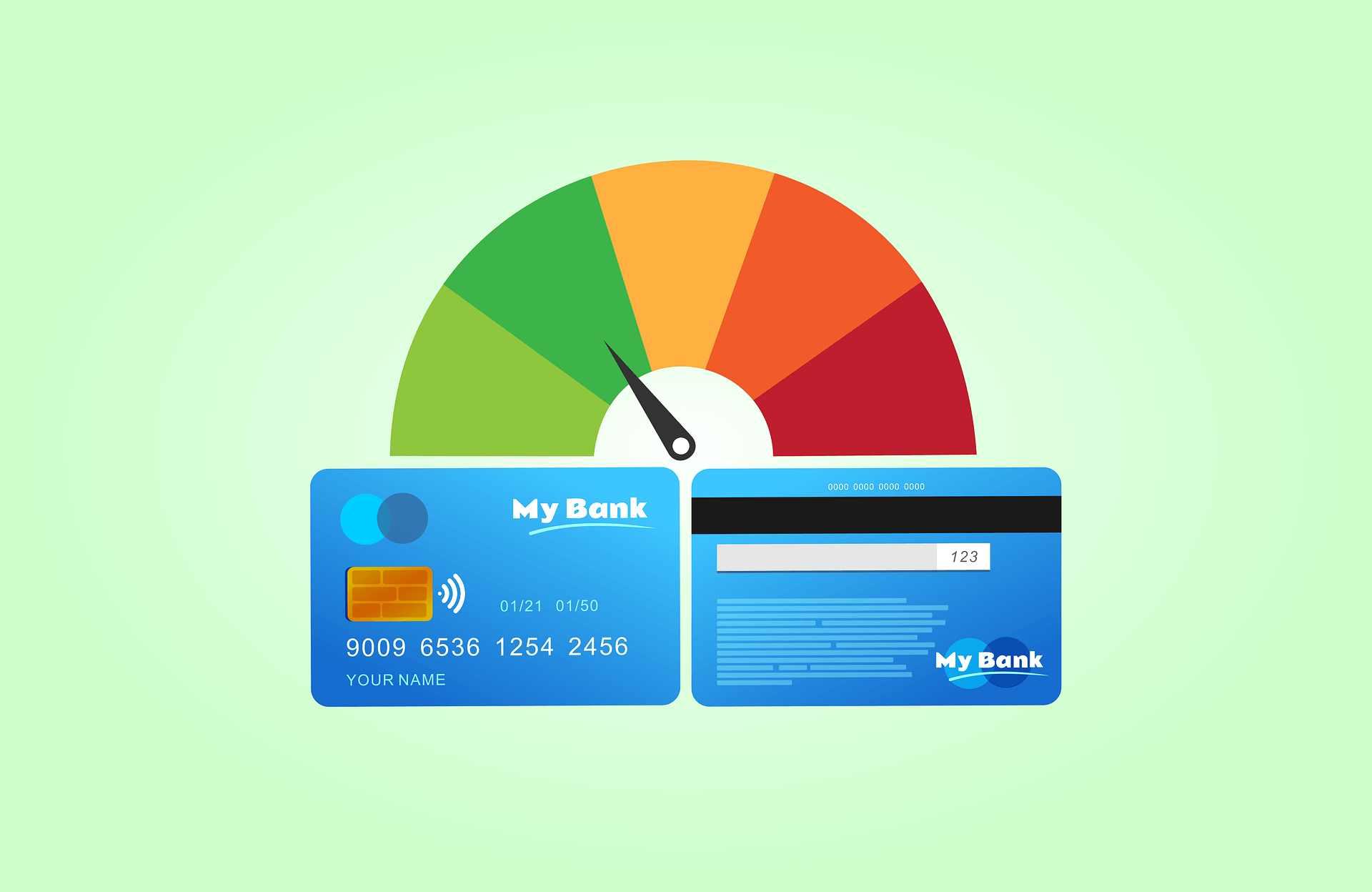Applying for a personal loan will hurt your credit by a few points if there is a hard inquiry with the loan application, but you’ll likely see those points recovered over time. What is more important is how you make your monthly payments on your personal loan.
What Exactly Is a Personal Loan?
There are 21.1 million outstanding personal loans in the U.S.1 A personal loan is one of the most common financial products on the market. However, there are a plethora of different types of personal loans. And they all have different amounts, interest rates, terms, and conditions. Being familiar with these everyday loan products can help you find the right one for you if you ever need one.
Personal Loans for Bad Credit
If you have poor credit, you may be wondering what types of personal loans are available to you. Luckily, there are several. But the key is to find a lender that caters to poor credit borrowers who are also credible and trustworthy.
Common poor credit loans include personal installment loans, title loans, payday loans, pawn shop loans, cash advance loans, and more.
Can a Personal Loan Hurt Your Credit Scores?
So now the important question: Will a personal loan affect credit scores, and can a personal loan hurt credit? And the short answer is…maybe.
We know that’s not the answer you probably want to hear. But credit scores can be complicated and precarious things. Several factors affect whether or not your credit score rises or falls.
The best way we can explain it is that having many different loans or credit cards is not great for your overall credit score. So, if you take out a new loan, you may see your credit score drop. But if you continue to pay your loans and pay them off over time, your credit score will shoot back up.
So, how exactly do these mysterious credit scores work? Let’s take a deeper dive so you know what to expect when shopping around for a new personal loan or credit card.
How Your Credit Score Works
Your credit score is a three-digit number that represents your trustworthiness with money. This trustworthiness with money is sometimes called “creditworthiness.” The lower the score, the more you are considered a risky borrower.
Three major credit reporting agencies track your credit history. They keep track of your financial behavior and compile it into things called “credit reports.” They also have your credit scores, which usually come with a credit report.
These reports will show personal loan lenders, landlords, and even employers how you manage your money. Your credit report will include things like your payment history, student loans, your credit mix, and more. All your financial behavior will affect your credit score.
While each one of the three credit bureaus will have its own credit scoring models, the most common one that lenders check is your FICO score.
Here’s the breakdown of a FICO score:
| FICO Score Range | Credit Rating |
| 0–580 | A Poor Credit Score |
| 580–669 | Fair Credit |
| 670–739 | Good Credit |
| 740–799 | Very Good Credit |
| 800–850 | Excellent Credit |
The national average FICO® Score currently sits at 716 as of April 2022.2 Having a credit score of 670 and above will make it easier to borrow money from a personal loan and get reasonable interest rates. If you have a credit score below 670, you may still be able to get a personal loan or other loan options, but you likely won’t receive an excellent interest rate or flexible terms and conditions. Knowing what credit score is needed for a personal loan is crucial for your financial stability.
What’s Included In a Credit Report?
Now that you’re familiar with your credit score and what a good credit score is, let’s discuss how your score is created.
The three major credit bureaus monitor your financial behavior to create your credit reports. But what exactly is included in this report, and how do personal loans affect the overall report and score? Great questions!
Your credit report is created using the following breakdown of your financial behavior:
35% Payment History
This is the most crucial aspect of your report. Your payment history makes up the most significant portion of your overall score. If you always make your personal loan payments on time, then you likely have a decent score. This is one way a personal loan affects your score. Therefore, always try to maintain a positive payment history.
30% Amounts Owed
This is your total outstanding debt, including a personal loan, collections, or credit card debt. When it comes to debt, lower is better. This factor also includes something called a credit utilization ratio. This ratio is how much credit you’re using compared to how much is available to you. Keep your credit utilization ratio under 30% to maintain good credit health.
15% Length of Credit History
This is essentially how long you’ve been using credit and loan products. Of course, a longer history will bode well for your overall score. So, if you don’t yet have any credit accounts and you’re considering a credit card or personal loan, it may be wise.
10% Credit Mix
Your credit mix considers all of the different types of loans and credit that you’re currently using. If you have a diverse mix of financial products and manage them well, it will positively impact your credit score. On the other hand, if you take out a personal loan and already have many of the same types of loans on your report, it may lower your score.
10% New Credit
Opening a lot of new accounts in a short period tells lenders that you may be struggling financially. In addition, credit scores can drop if you open too many new accounts. This is the main way that a personal loan can affect your credit.
It’s essential to consider these factors when considering a new personal loan or any financial product. Now that you’re familiar with what kinds of things affect your credit, it’s easy to see how a personal loan can affect your credit score as well.
FAQS: Does Applying for a Loan Hurt Credit?
Consolidating debt can potentially improve your credit score by simplifying the process of making on-time payments. When you consolidate multiple loans into one, it may also lower your interest rate, making it easier to pay down the debt faster.
Is it advisable to consolidate debt using a personal loan?
Yes, consolidating debt using a personal loan can be a smart financial decision as it can lead to lower interest rates and a single, manageable monthly payment. This also contributes to making on-time payments easier, which can enhance your credit score over time.
A hard inquiry can slightly lower your credit score, but this effect is usually temporary. However, multiple hard inquiries in a short span may signal to lenders that you are a higher-risk borrower, which could impact your credit more significantly.
Installment credit, like personal or auto loans, involves borrowing a lump sum and repaying it in fixed payments over time. Revolving credit, like credit cards, has a credit limit, and you can borrow and repay continuously. Having a mix of both types of credit can positively affect your credit score.
A single consolidated loan can make it easier to manage payments and may improve your credit score by reducing the chance of missed payments.
Conclusion With CreditNinja
At CreditNinja, we want you to be aware that credit scores will rise and fall throughout the years. Sometimes you can’t help it. But understanding your credit score and how it’s created will help you to manage your score.
Keep an eye on your credit card balances, your credit utilization, how many accounts you have, and your overall debt. If you can keep these things in check, you have a good chance of improving your credit scores.
References:
- Personal Loan Stats | Chambers of Commerce
- Average U.S. FICO® Score Stays Steady at 716 | myFICO
- What’s in my FICO Scores? | myFICO
- What is a FICO Score? | myFICO
Matt Mayerle is a Chicago-based Content Manager and writer focused on personal finance topics like budgeting, credit, and the subprime loan industry. Matt has a degree in Public Relations and has been researching and writing about financial literacy and personal finance since 2015, and writing professionally since 2011.





